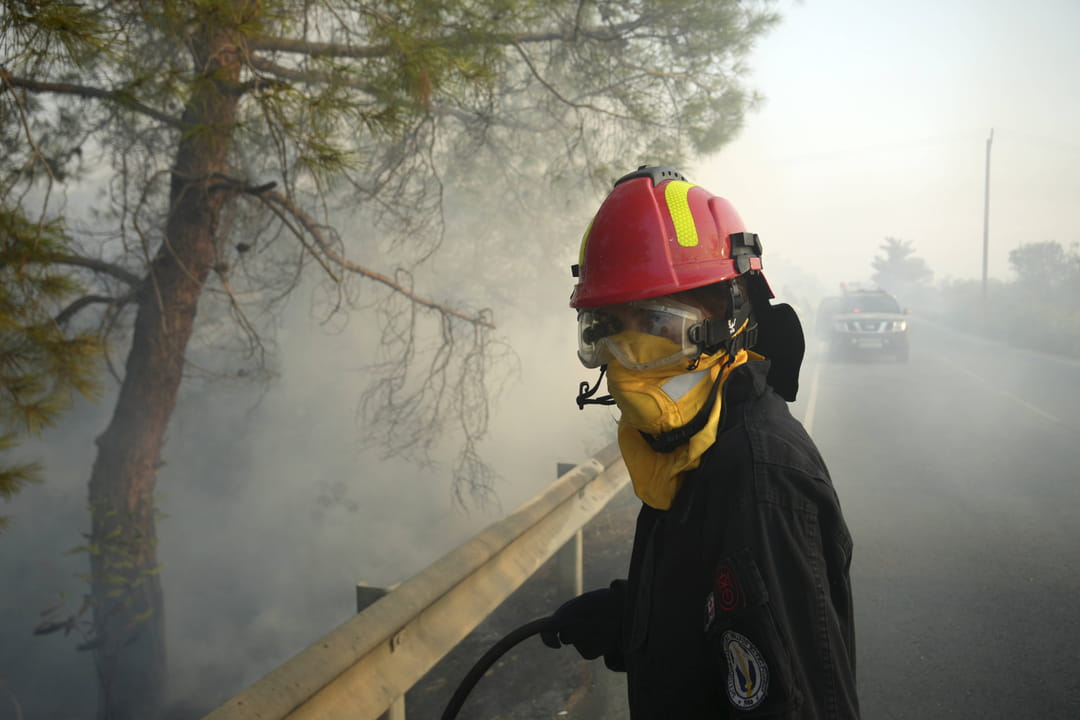Fires: How to protect your lungs when there is a fire nearby?

Every summer, with the intense heat, areas are ravaged by fires. Beyond the destruction of nature and sometimes homes, fires are also dangerous to health, even for people who are not in direct proximity to the fire.
Especially in windy conditions, smoke from fires circulates and disperses through the air, sometimes traveling considerable distances. The problem is that this smoke has a significant impact on air quality. It contains many harmful substances, such as carbon monoxide, nitrogen dioxide, and benzene.
" Once inhaled, these pollutants penetrate deep into the lungs," according to the French Respiratory Health Association. They can then cause, in anyone, "a series of symptoms such as coughing, itchy throat, watery eyes"... And in some people, it can be much more serious. This includes, of course, people who suffer from respiratory diseases such as asthma or COPD, but also the elderly, pregnant women, or people with cardiovascular disease.

The smoke can then " trigger acute respiratory problems, such as severe shortness of breath, asthma attacks, or bronchitis," the association explains. And that's not all. "Fires therefore affect not only the lungs, but also the cardiovascular system ," explains Dr. Frédéric le Guillou, pulmonologist and president of Santé Réspiratoire France . The fine particles present in the smoke from fires "reach the pulmonary alveoli, then pass into the blood, causing oxidative stress involved in the formation of thrombosis, i.e., clots blocking an artery," he continues.
So to limit the risks, "when a fire breaks out nearby, it is imperative to protect yourself quickly, especially for people with respiratory illnesses," the association recommends. Unless there is an evacuation order, of course, you must " stay indoors, with windows and doors closed." If the air is polluted by fire smoke, it is recommended, especially for people at risk, to wear a mask - if possible FFP2 - and to use an air purifier equipped with a HEPA filter. Anses (French National Agency for Food, Environmental and Occupational Health and Safety) also recommends turning off mechanical ventilation and covering any vents with damp cloths.
As with any pollution spike, asthmatics, for example, can adjust their treatment with their doctor's approval. People suffering from respiratory illnesses should " seek immediate help at the onset of any of the following symptoms: persistent or worsening cough, more than usual shortness of breath, chest pain or tightness, weakness, or marked fatigue." Anyone experiencing serious symptoms due to exposure to fumes should seek medical help quickly or even call for help.
L'Internaute



